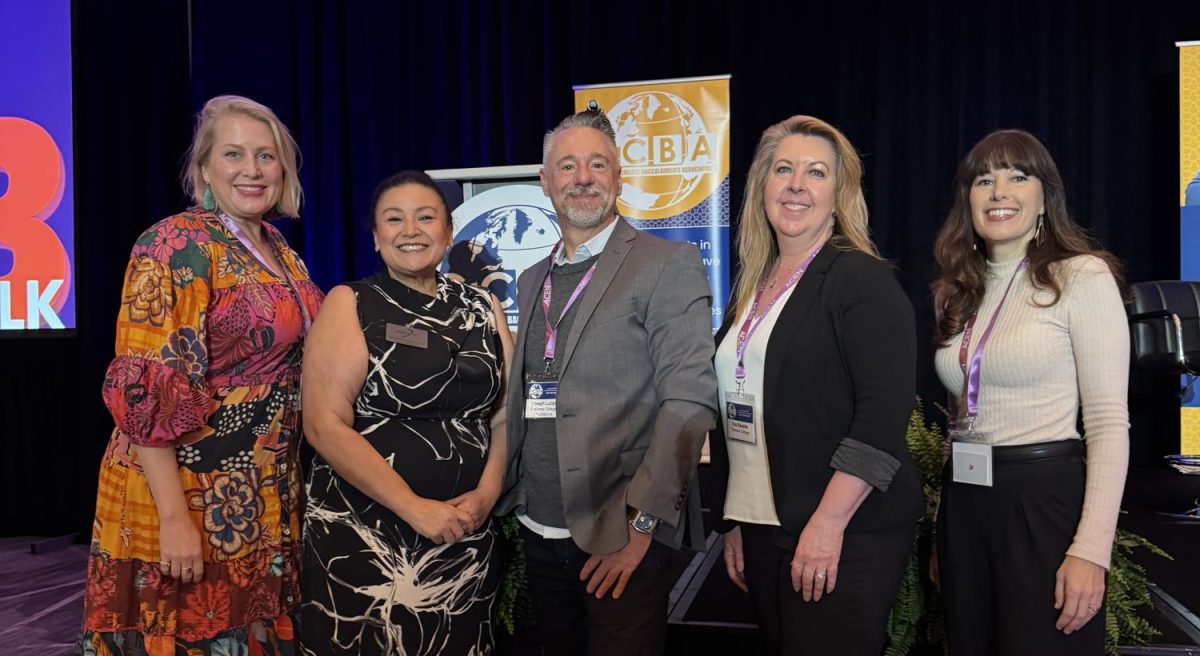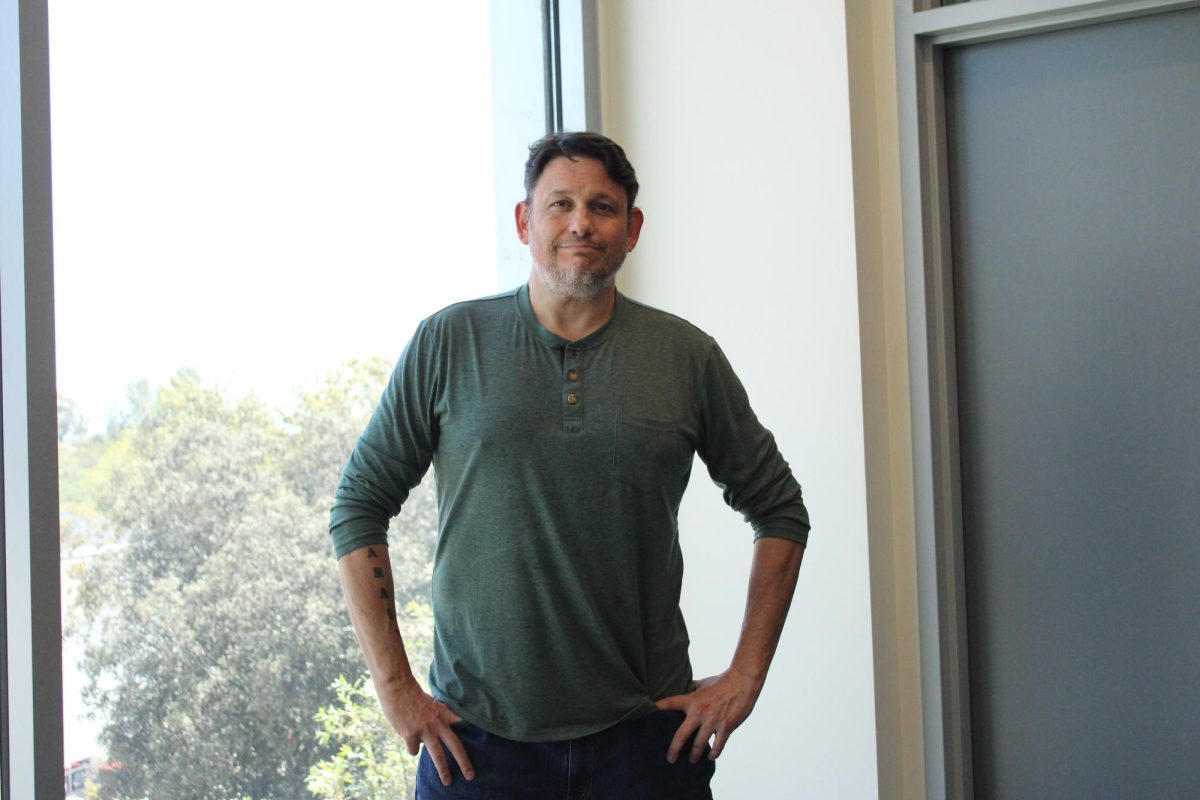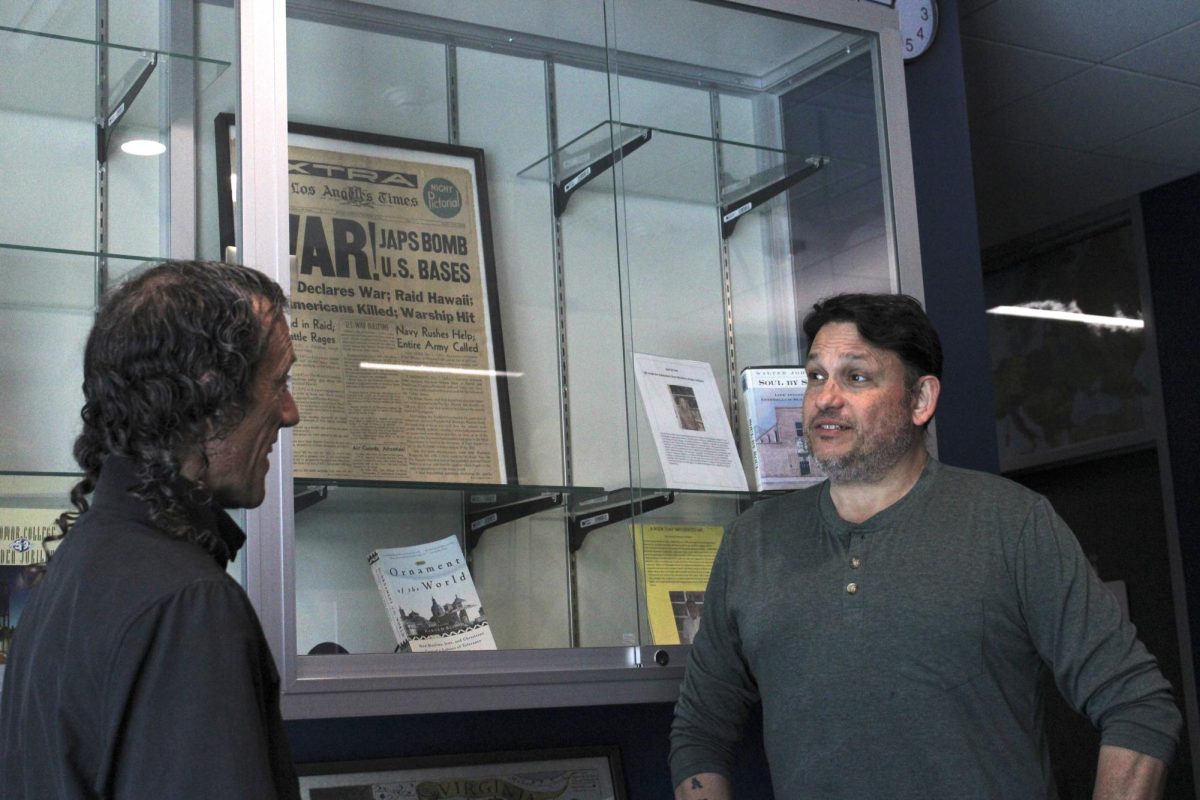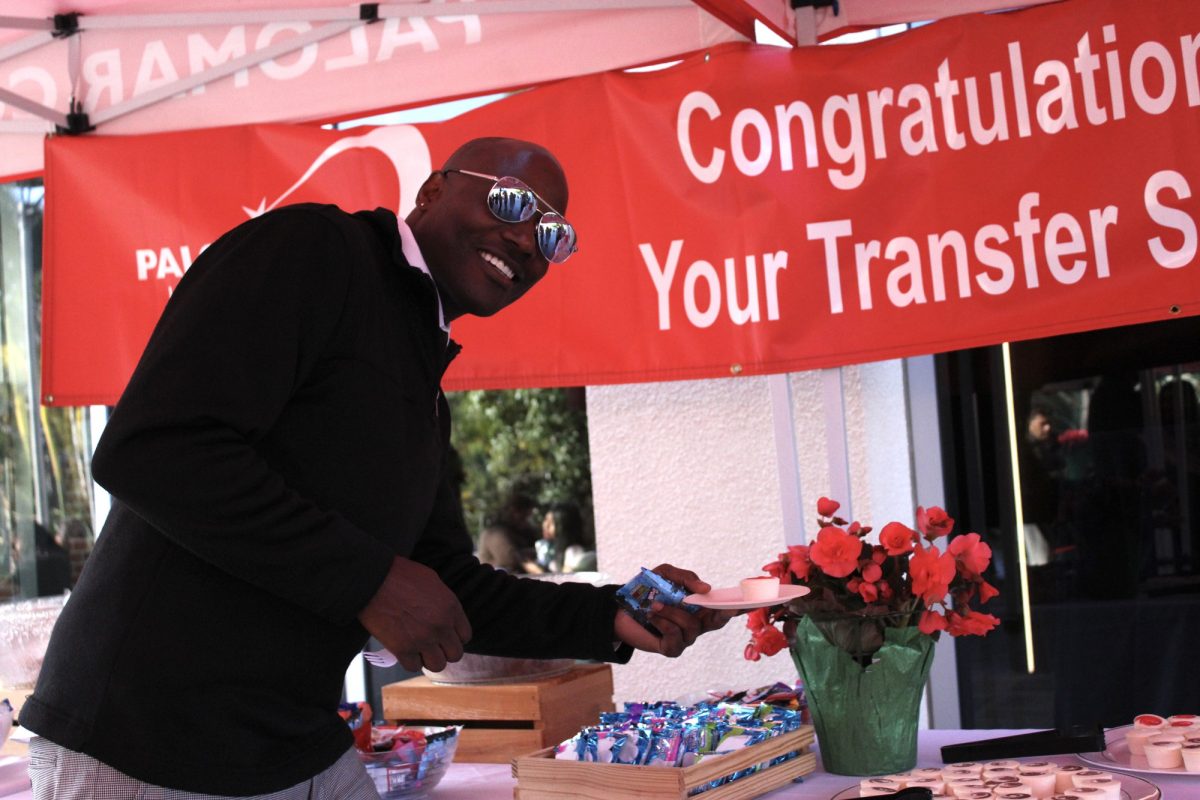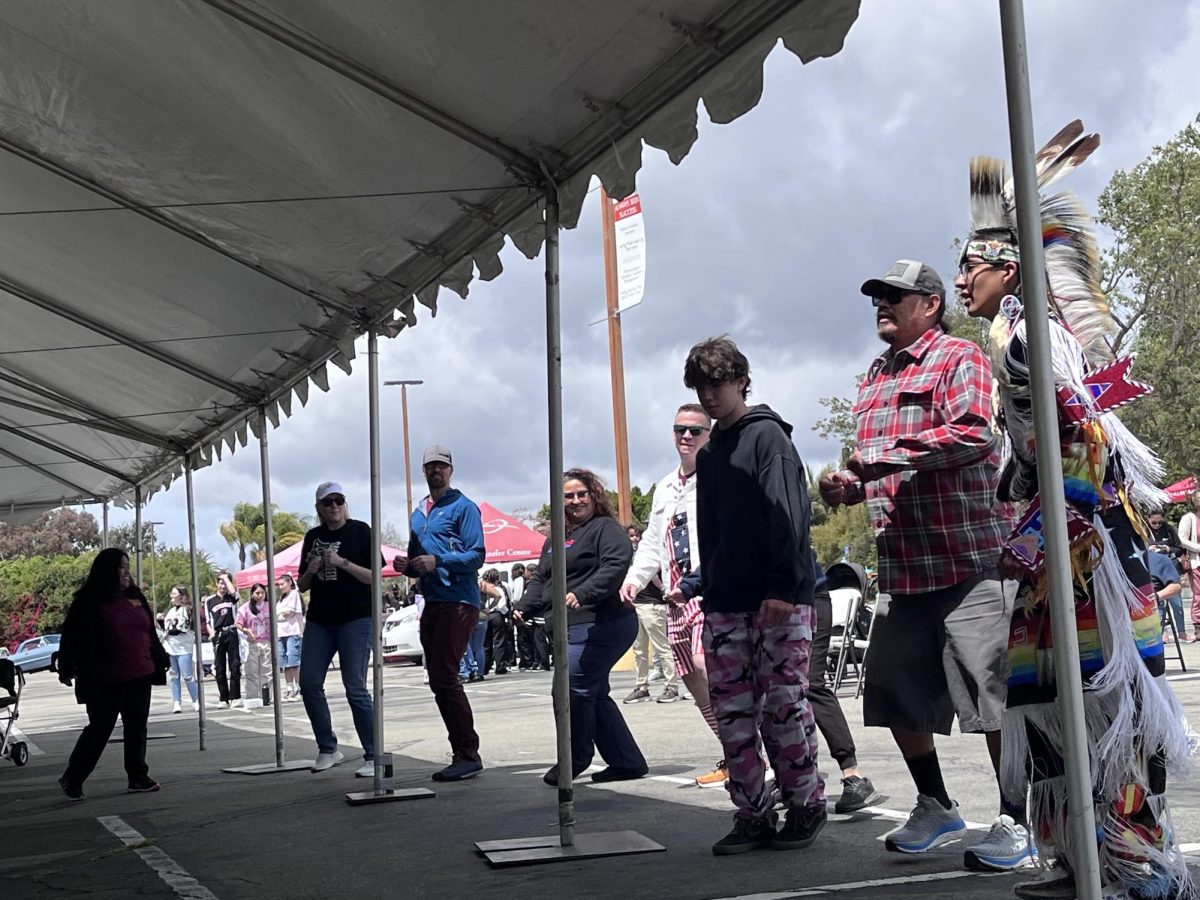There is a new class at Palomar College this semester designed to help students explore the intricacies of intercultural relationships.
Speech 131: Intercultural Communication is an online course that seeks to diversify and expand multicultural learning and understanding, offering insights into the complex social relationships between different people and cultures from which they come.
The students are exploring not only the verbal cues, like why a Chinese or Japanese person may say “yes” to a request when they really mean “no,” but also analyzing cultural norms and how they’re practiced within a variety of cultures.
Shayla Sivert, the dean of Languages and Literature, praised the course and its mission to expand the intercultural knowledge of students.
“Communication is one of the soft skills that employers value in their employees. Communication between two people with the same linguistic and cultural backgrounds can be challenging enough. Throw in language and cultural differences and the potential for miscommunication grows exponentially. Because this class explores communication between cultures, it is a must for anyone who is truly interested in relationship building in today’s workplace.”
Key elements to be covered in the course are cross cultural interactions in specific contexts such as education, business and healthcare. The course aims to appeal broadly to not just speech students, but to everyone due to the examination of culture and its impact among all cross cultural interaction.
Lisa Stefani, the professor of the course, wrote in an email “We live in a very diverse world. The United States accepts many im- migrants from around the globe – and diversity is one of its greatest assets. No longer are just the ‘big cities’ such as New York City or Los Angeles cultural melting pots, but ‘small town USA,’ is also now tremendously diverse. It behooves all citizens to learn about their fellow colleagues … Education, respect and tolerance make us a United Nation.”
Professor Stefani herself said she has extensive, hands-on experience with cultures outside of the United States due to her military background as well as her wide array of published work in the communication field.
The course is currently being offered as an online only class via the campus Blackboard system, but Stefani sees no drawback to the lack of a physical classroom.
Leveraging the power of the global internet, Stefani said she seeks to encourage interactive extracurricular learning and people outside of the classroom, culminating in an online project that analyzes cross cultural stereotypes with Belizean students.
The current plan for the course is to offer it at least once a year for now, and expand as interest accumulates in the course. The course, which started Jan. 26, will continue to run from now until the end of the semester, and offers transferable credits to California State University San Marcos.
Article by staff writer Rodney Figueroa.


